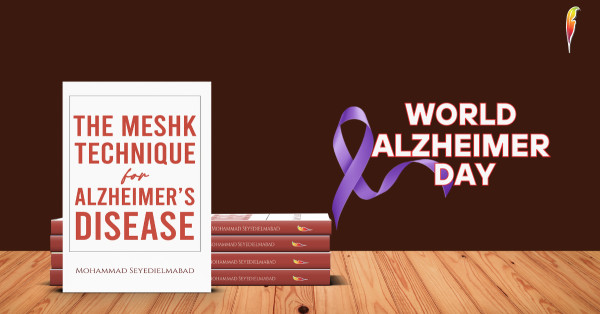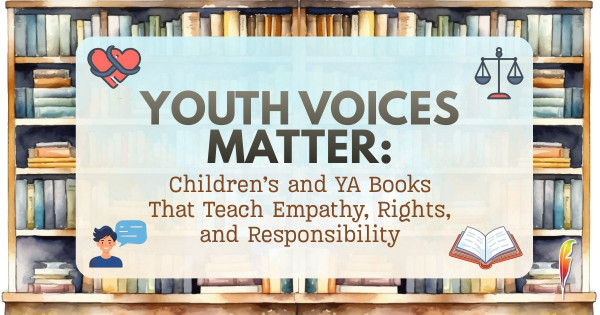
Celebrate World Alzheimer’s Day – Raise Awareness: Know Dementia, Know Alzheimer's
World Alzheimer's Day is celebrated every year on the 21st Sep to raise awareness and challenge the stereotype revolving around Alzheimer\'s disease and other dementia. Alzheimer's disease is a condition in which brain cells start to shrink and eventually die. This disease leads to significant memory loss, cognitive decline, and loss of ability to do daily tasks and changes a person's ability to function properly.
Alzheimer\'s disease requires immediate treatment and supervision as it is a severe condition that should not be left untreated. On this World Alzheimer\'s Day, take part in this cause to raise awareness about Alzheimer\'s disease and the significance of early treatment. Discover the signs, prevention, and treatment options, as this day is a great chance to explore the challenges and learn about the disease together.
The number is increasing day by day in America of people having Alzheimer's disease: nearly 7 million people have Alzheimer’s, and by 2051, it is expected to rise to almost 13 million. About 1 in 9 people of age 65 and older (10.9%) have Alzheimer\'s, and nearly two-thirds of Americans with Alzheimer's are women.
Symptoms and Signs of Alzheimer’s Dementia
·Memory Loss
One of the most common symptoms of Alzheimer’s disease is memory loss, which can include forgetting recently learned information. Other factors include disremembering dates or events, asking the same questions over and over again, and gradually needing to rely on memory aids (e.g., notes or electronic devices) or family members for things they once handled on their own.
·Lack of Problem-Solving and Planning Skills
Individuals living with alterations in their memory due to Alzheimer\'s or other dementia may experience challenges in developing or following a proper plan, or it may be difficult for them to work with numbers. This may also include following an exact recipe or keeping track of monthly bills. Alzheimer’s people find it difficult to concentrate on certain things and take much longer than they ever did before the disease.
·Confusion About Time and Place
Another sign of Alzheimer\'s or other dementia is that individuals living with it usually forget significant dates, seasons, and the time flow. They may have trouble understanding things when they do not happen instantly. Sometimes, people suffering from this disease may forget where they are at the moment or how they got there.
·Trouble In Understanding Visual Images and Spatial Relationships
People with Alzheimer\'s or other dementia may experience changes in their vision, making it harder for them to comprehend visual images and have trouble reading. Individuals with Alzheimer\'s may also have glitches, such as speculating distance and determining color or contrast, causing problems that make it harder to drive normally.
·Problems in Speaking and Writing
People living with Alzheimer\'s or other dementia have difficulty following or joining a conversation. Usually, they stop in the middle of a conversation and have no idea how to continue, or they may repeat themselves. Alzheimer\'s individuals may also struggle with vocabulary, have trouble naming or identifying a familiar object, or use the wrong name (e.g., calling a "watch" a "hand-clock").
·Misplacing Things and Difficulty in Retracing Steps
Another symptom of Alzheimer\'s is people having this disease may put things in unusual places. They forget where they place things and are unable to retrace their steps to find them again. In severe cases, they accuse others of stealing their things.
·Having Poor Judgement
Individuals living with Alzheimer\'s or other dementia usually have poor judgment or decision-making. For instance, they may have poor judgment when dealing with money or pay less attention to grooming or keeping themselves clean.
·Withdrawal from Work or Social Activities
Alzheimer’s patients may experience changes in their ability to hold or have a proper conversation instead of leaving it in the middle. Due to this, they may withdraw from hobbies, social activities, or other engagements. Individuals with Alzheimer\'s or other dementia may have difficulty continuing to like their favorite team or activity.
·Changes in Mood and Personality
People with Alzheimer’s or other dementia may experience changes in mood and personality. They can quickly become confused, suspicious, depressed, fearful, or anxious. Individuals with this disease usually get upset when hanging out with friends or if they get out of their comfort zone.
Prevention and Treatments for Alzheimer’s Disease
Learn ways to prevent and treat people with Alzheimer’s disease so it can be less stressful for patients who have Alzheimer’s, their caregivers, and their loved ones. Here are some things you should keep in mind while taking care of individuals living with Alzheimer’s disease.
- Have patience while dealing with patients who have Alzheimer’s disease, try not to express frustrated emotions and avoid arguing with them.
- Reassure them that you are always there to help them whenever they need you. Be their helping hand in getting things done for them.
- Try to bring their interest back to their favorite hobbies, games, and activities.
- Reduce noise and unnecessary clutter to create a cozy space for them at home. Display lovable objects, like pictures, everywhere so they feel loved whenever they see them.
- Build their routine—a proper wake-up-to-bedtime routine that may include bathing, dressing, and eating at the exact time each day.
- Discover ways to keep them active physically so that it can improve their mood and sleep.
Connect with Austin Macauley Publishers for more such blogs, and submit your manuscript if you want to publish your work. You can also make a quick and easy submission through the online submission form. You can stay updated with our new releases and activities by joining our family of authors and readers on Facebook, X, TikTok, and Instagram.
We use cookies on this site to enhance your user experience and for marketing purposes.
By clicking any link on this page you are giving your consent for us to set cookies



